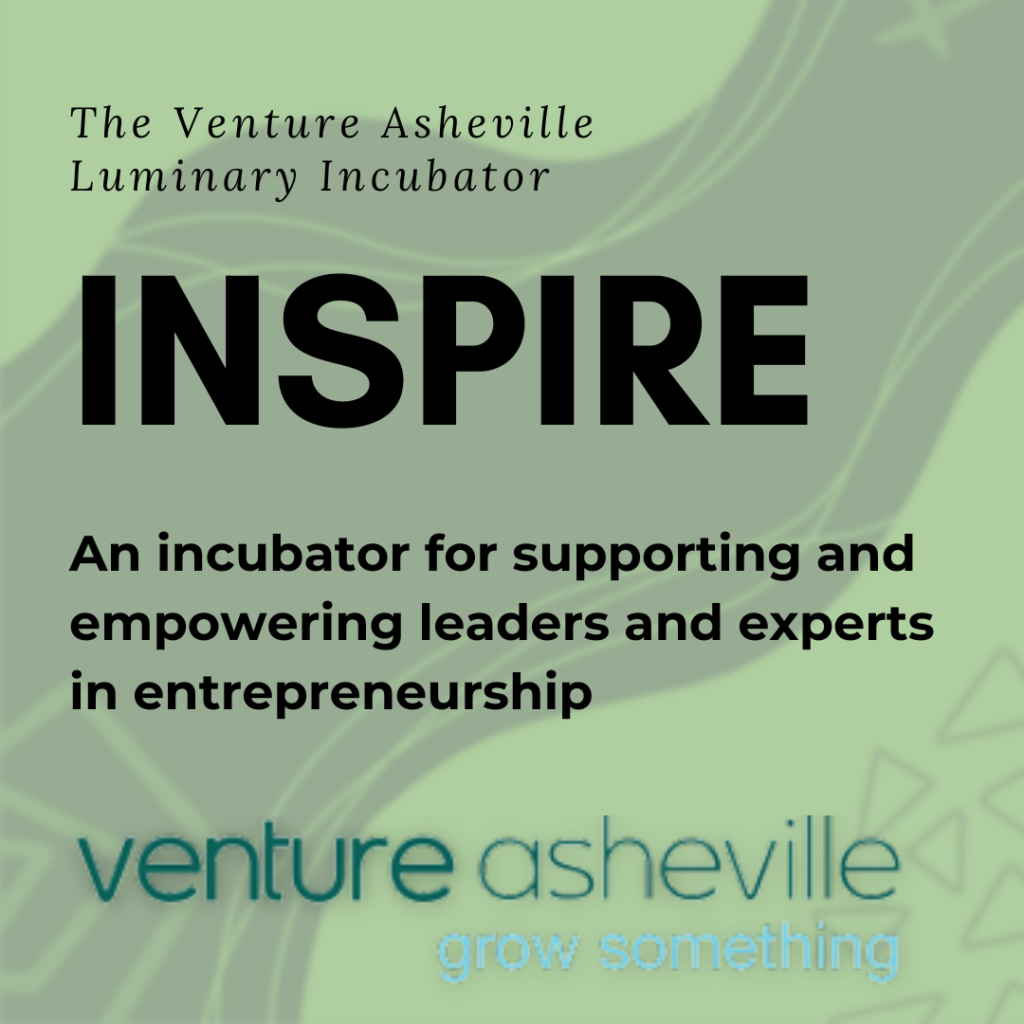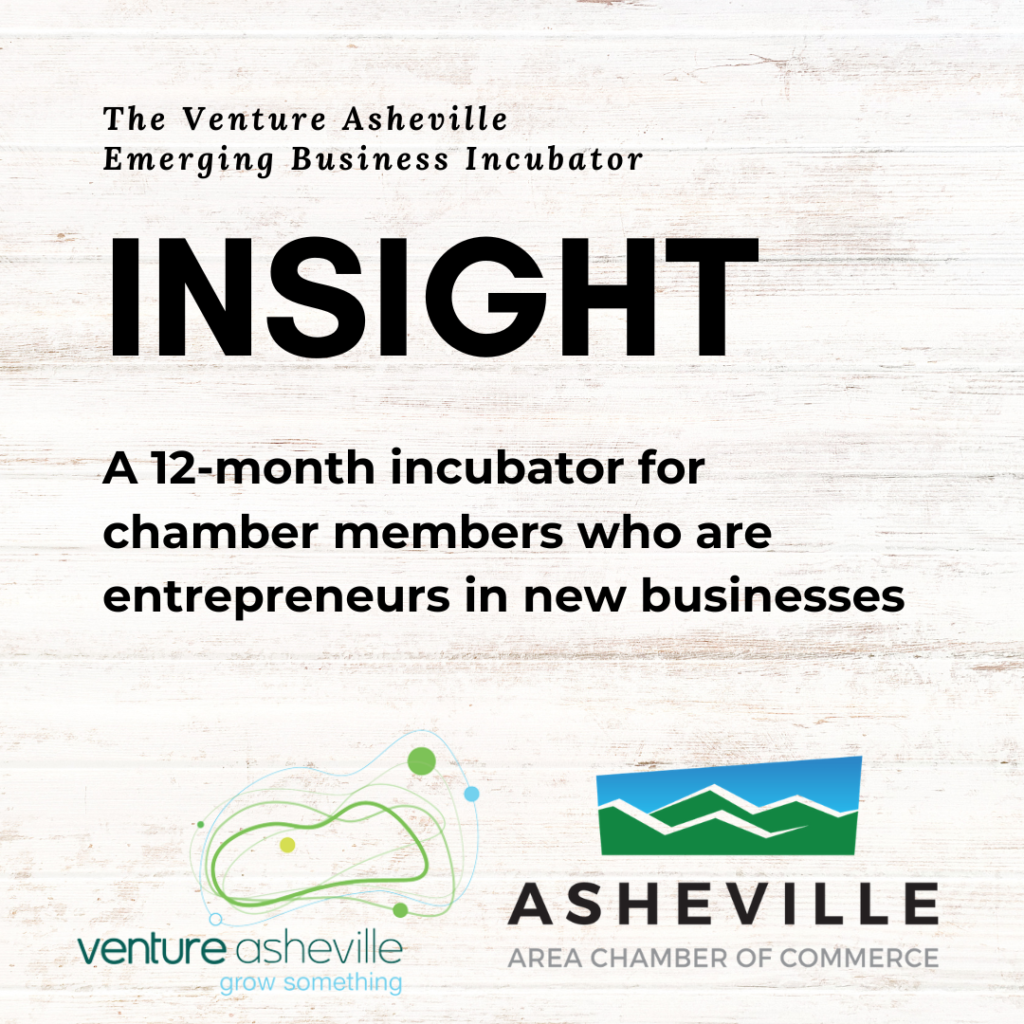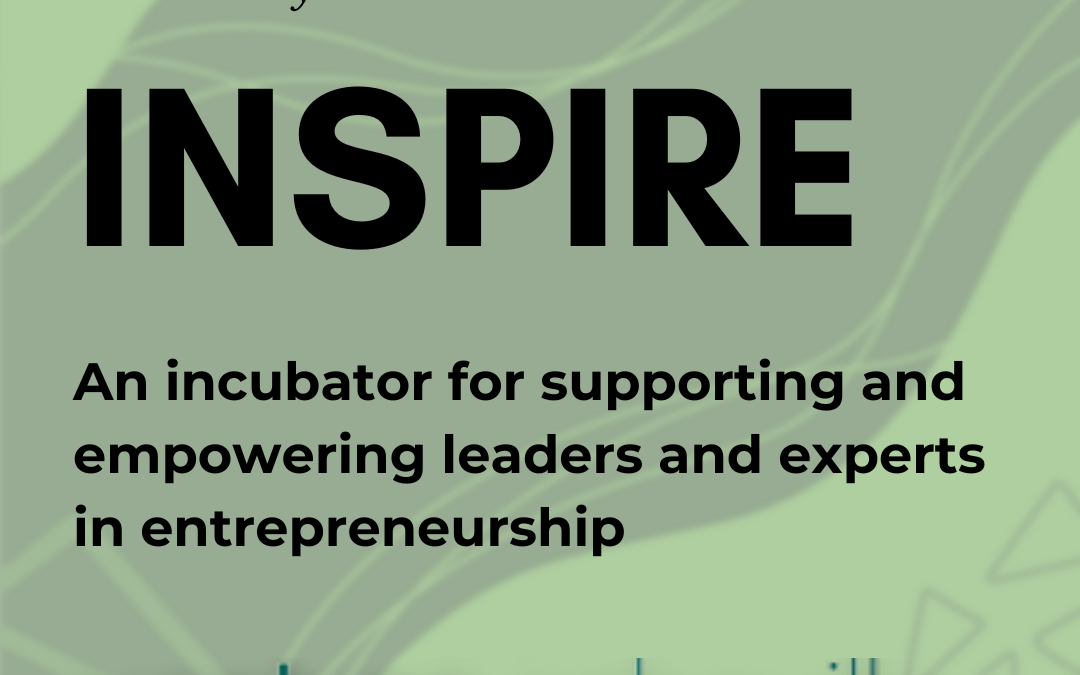Welcome to our series taking a Deep Dive into Venture Asheville. This is the final installment, Looking Beyond the $150M Impact. You can find all the posts in this series linked here:
How Venture Asheville Built a $150M Startup Ecosystem; A 7-Part Series
Now that we’ve crossed this major milestone of over $100M in Revenue and over $50M in Capital, everyone keeps asking us, “What’s next?”
The Asheville Area is certainly at an inflection point of it’s own: socially, economically, public safety, affordability, labor shortages, etc… Lots of the same challenges all cities wrestle with in 2023. In the last few years significant capital has organized locally or been imported (Dogwood Health, Pisgah Fund, JACS Capital, EDA and ARPA, etc…) Having said that, I can’t think of one ecosystem or startup community that has changed the trajectory of a region because of a single program, single fund, or single person. Like we stated before, it’s the interconnectedness of stakeholders sharing a social fabric that makes an ecosystem. So let’s look at some of those emerging stakeholders.
Macro-Economic Forecast
This series of posts has technically been rounding our metrics down. We keep using “$100M in Revenue and $50M capital raised” but it’s more like $102M and $54M, respectively. Still, it’s very close to a 2:1 ratio. Compared to other ecosystems, one in the piedmont region of NC for example, they posted their metrics, and it around $70M in capital raised and around $20M in revenue.
Five or ten years ago, you’d want to be in a higher risk capital market. Again, like the TechStars city-size cut off, our understandings and expectations of ecosystems is maturing. Given the multi-sided financial crisis of 2022, 2023, and likely 2024, the clear winner is revenue driven growth and profitable companies.
Countless examples of tech lay offs, capital “drying up”, and down rounds are all affecting companies that grew went capital was cheap and growth rates and head count mattered more than profit. Lots of smart people have written about the Ponzi-scheme of venture capital exemplified in that classic ecosystem model, so we won’t go into it. Instead we’ll share that model never materialized in the Asheville Area.
Take your pick of reasons: a smaller market, lack of investable companies, too few investors, companies needed to relocate – all of these are excusese we have heard for year about the challenges to raising capital in this area. As a result, local startups were forced to reach post-revenue and close to profitablity before loal investors would really look at them. The conservative capital in the region nurtured real feasible startups.
Admittedly, there are pros and cons to conservative capital. Less long shots, less exponential returns, and less lay offs. Considering Economic Developers focus on jobs, this is a pretty just balance.
Looking forward, as capital markets continue to tighten, startups like ours should fare better because of the more difficult and disciplined conditions they formed within. It’s like the story of the boy and the butterfly, our struggles today become our strengths tomorrow. And the market of tomorrow, broadly, is going to reward startups like the ones here, with the profits to be backable.
Emerging Stakeholder – Digital Nomads and Remote Workers
In-migration is not slowing down in the Asheville area, or the Southeast. Unlike decades past, the average age in Asheville is starting to skew younger. We are getting less retirees and more mid-career professionals with families.
Fortunately, we can quantify where this is coming from, exemplified in the rise of the Asheville Digital Nomad meetup group. Born in summer 2021, this group of digital nomads ballooned to over 1,700 members, and is growing by about 100 new members a month. Essentially, if you can work remotely or you are a freelancer, or are a legit nomad, this group is for you.
Think about that, 1,700 members in a city of under 100,000 people. As an organized body, it’d be a top 10 employer in the county. It’d be one of the largest houses or worship. It’d be larger than Rotary Clubs. We partnered with this group to do a member survey. We asked things ranging from years of experience, home ownership rates, roles/titles, what brought them to Asheville and a few more related items.
- 2/3rd own a home.
- 50/50 split on genders
- Most have 10-20 years work experience
- Huge range in job title, from freelancer to CEO
In major cities with an Apple, Google, Amazon, Meta or other large tech firm presence, a significant number of startups are launched from coworkers at these firms. The people get to know eachother, understand likes and personalities, gain an appreciation of skills, and bond. So when they want to jump ship and start their own company, their founding team is within arms reach. The Asheville Digital Nomads presents a similar opportunity.
From their meetup group they have AI meetups, book clubs, social clubs, happy hours – talented people are connecting, getting to know each other, understand skills, personalities, and other factors you look for in a cofounder. Watch this group in 2-5 years. In that time we expect a high number of new ventures to start from these members, and we also expect their first employees and cofounders will also come from this group.
Emerging Stakeholder – Rising Entrepreneurs
Venture Asheville is no longer a fringe part of the EDC family, but a fully baked in part of the regional economic development strategy. Osmosis is happening. People from startups that have more credibiltiy are moving into corporate roles. Some even into government. We’ve had a few huge exits, and now those founders are becoming local philanthropists. Furthermore, these folks are joining non-profit boards, school parent associations, social clubs, city and county boards – the entrepreneurial mindest is rippling into the social fabric of Asheville.
What’s next? You’ll see elements of startups, lingo, and critical thinking in broad aspects of our region. We’re launching two new incubators in Fall of 2023 to further that point.
We field many requests from entrepreneurs in more lifestyle, traditional/conventional businesses that don’t qualify for Elevate based on stage or growth potential. But these entrepreneurial founders seek the same benefits, accountability, and access we offer.
Similarly, successful ventures well into their maturity, or ones in between growth cycles, fall out of what Elevate is designed to support. These founders still need peers, professional development, accountability, and opportunities to lead.

For businesses less than two years old at the Asheville Area Chamber of Commerce: Insight, the Venture Asheville Emerging Business Incubator – designed to support the professional development of entrepreneurs in lifestyle-oriented, community-driven, small scale, or traditional ventures.

For our maturing ventures: Inspire, the Venture Asheville Luminary Incubator – an initiative designed to support and empower the leaders and experts significantly advancing the startup ecosystem in the Asheville area through their ventures, leadership, and community stewardship.
On a personal note from the Director of Venture Asheville, Jeffrey Kaplan “My long-term hope is that the successful Elevate model can transpose into these verticals. Same model, same emphasis on cohorts, but unique workshops and unique experience portfolios to match these affinity groups. And if it works for emerging, scaling, and maturing businesses – can it work for non-profits? BIPOC Founders? Veteran-owned businesses? LGBTQ Founders? You name the affinity group, we can apply this model. That’s what’s next.“
If you’ve read these 8 posts, you’re either an ecosystem maniac or Jeffrey’s mom. Feel free to revisit the posts in this series, and reach out to our team if you have questions, if you’re working on your own ecosystem, or to learn more about our incubator models.
- How Venture Asheville Built a $150M Startup Ecosystem; A 7-Part Series
- Setting the Scene for a Small City Startup Hub
- Elevate, a mentorship-based incubator
- The MIT Venture Mentoring System
- Peer Facilitated Mentorship
- TheE13 and Experience Portfolios
- Engaging an Event-Driven Ecosystem
- Looking Beyond the $150M Impact

